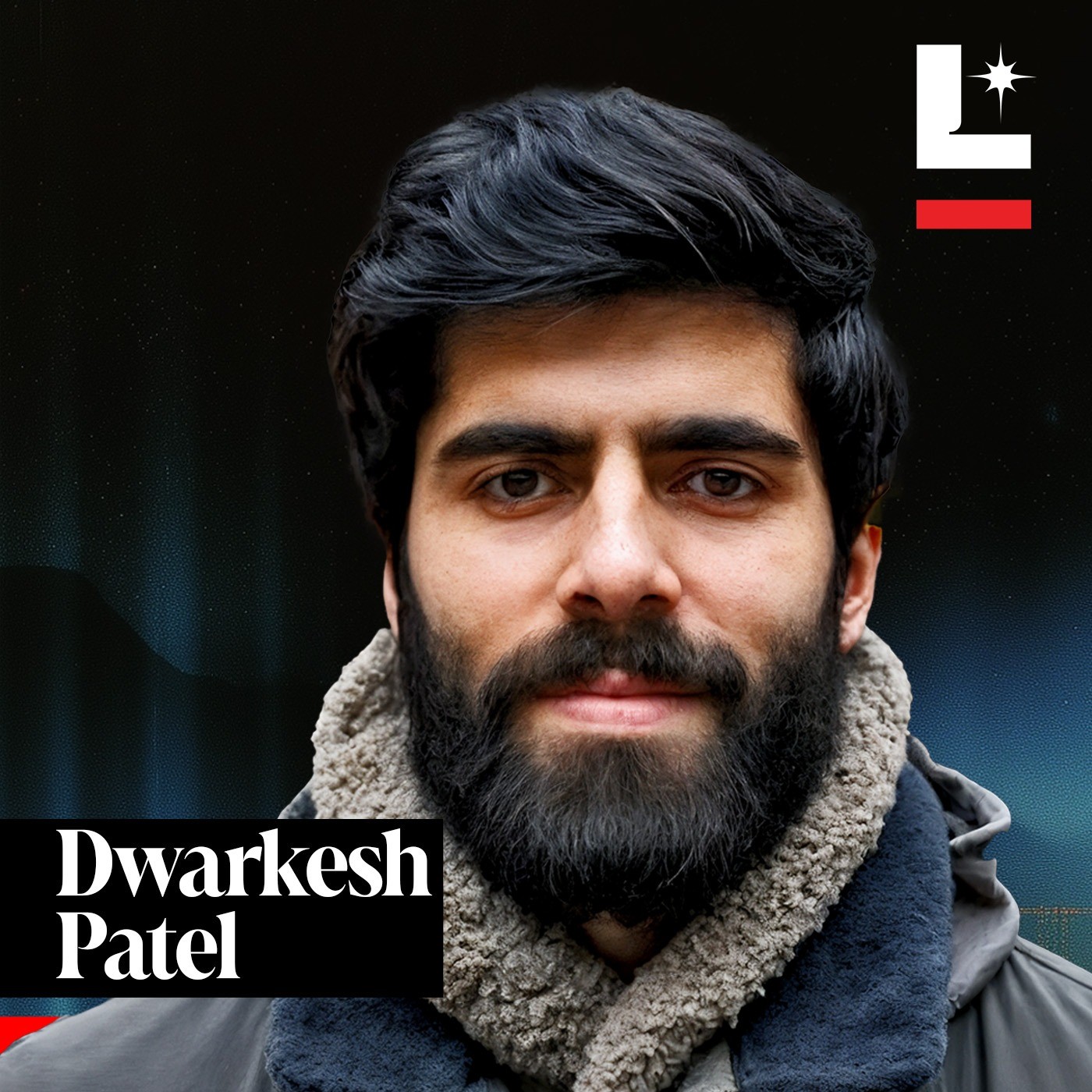Weekly Spotlight #5: When the AI Builders Don't Know What's Next
While headlines scream about AI doom or salvation, these conversations dig deeper into what's actually happening. From OpenAI's CEO sharing parenting wisdom to researchers mapping our technological crossroads, this week's episodes reveal how we're navigating the most consequential shift in human history.
Sam Altman drops his guard in ways you rarely see from tech leaders, opening up about becoming a father while building artificial general intelligence. "I feel like a completely changed person," he reflects on his four-month-old son, before pivoting to whether his child will even attend college in an AI-dominated world. The conversation sparkles when Altman admits he doesn't have all the answers, describing himself as "the adult in the room" who still doesn't know where technology is headed. His surprising honesty about AI's potential to make humans feel useless, paired with genuine optimism about human creativity finding new outlets, makes this feel like the most human conversation about our posthuman future.
For: Anyone wondering what the people building our AI future actually think about when the cameras aren't rolling.
What if we're living through the most important few years in human history and barely realize it? Dwarkesh Patel argues we're in the middle of AI's "scaling era," where throwing exponentially more computing power at models has created intelligence almost by accident. The kicker: we only have until 2028 before we literally run out of energy and manufacturing capacity to continue this exponential growth. Patel walks through why current AI can't really replace human workers yet (they can't learn on the job like humans do), but suggests that once they can, we'll see a "broadly deployed intelligence explosion" that makes today's economic models obsolete. His 60% prediction for AGI by 2040 might actually be the optimistic take.
For: People trying to understand not just what AI can do now, but the physics and economics determining what comes next.

Forget everything you think you know about using AI tools. The future isn't about better chatbots, it's about "ambient agents" that work in the background while you sleep, "context engineering" that builds entire worlds around AI models, and a shift from designing for human users to designing for AI agents. The episode connects dots across seven emerging trends, from startups paying million-dollar salaries to tiny teams, to people using coding tools for non-coding tasks like personal organization and business strategy. What emerges is a picture of AI integration so seamless it becomes invisible, where success isn't measured in better prompts but in how much autonomy you're comfortable handing over.
For: Professionals who want to stay ahead of how AI will actually change their daily work, not just the science fiction version.

